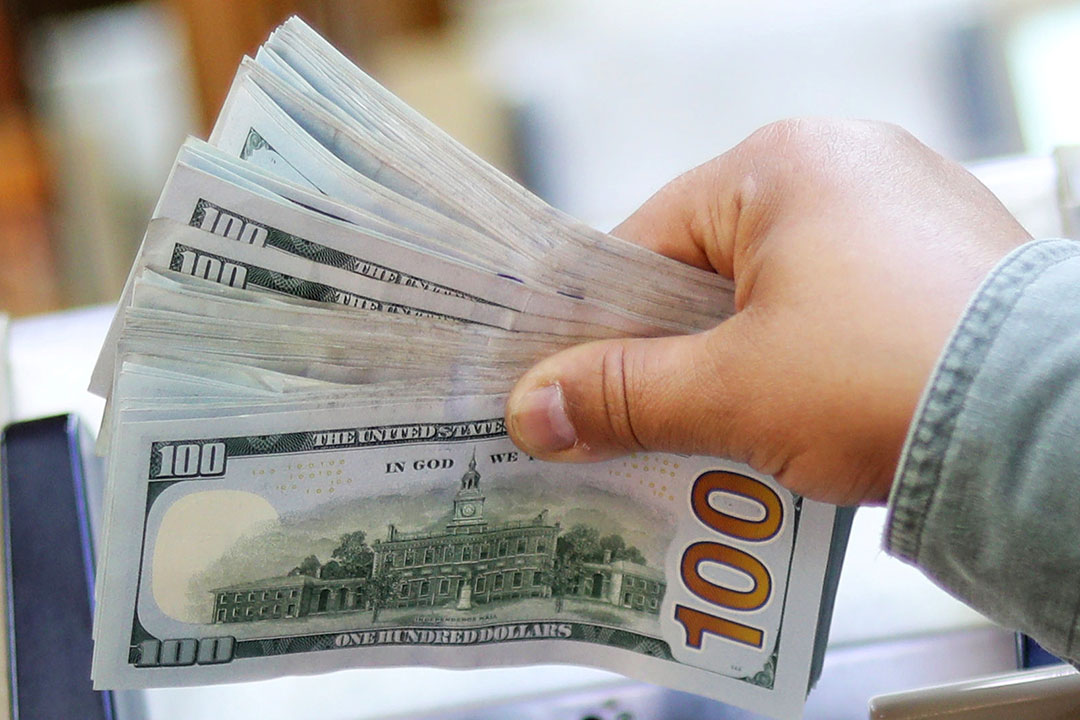
THE PHILIPPINES wants to increase foreign participation in the domestic bond market to 10% by next year, with its possible inclusion in JPMorgan Chase & Co.’s emerging market index expected to provide a boost, National Treasurer Sharon P. Almanza said on Monday.
“There’s no target set, but last year it was 10%. Of course, bigger than what we have is better,” Ms. Almanza told reporters on the sidelines of an event. “But since we haven’t really seen before that it’s too high, we want to manage the impact volatility in terms of rates domestically and peso. Ten is a good number. If we reach more than that, let’s see.”
“We’ve reached 6% already and we are not in the index yet, right? We’re still positive. In the early part of the year, [there was] more than P400 billion in foreign participation. It’s now more than P700 billion.”
Bureau of the Treasury data cited in a report by Nomura Global Markets Research released last month showed that the share of foreign holdings in Philippine government securities rose to 6% at end-August, equivalent to P728.8 billion, from just 4.2% in 2024 (P454.1 billion) and around 2% in 2020 to 2023.
Ms. Almanza earlier said the government expects foreign fund inflows to rise by about one percentage point or around P100 billion if the country successfully reenters JPMorgan’s Government Bond Index for Emerging Markets (GBI-EM) series.
The bank last month placed Philippine bonds on “Index Watch Positive,” marking the final review stage for its inclusion. The Philippines would have a weight of about 1% of the GBI-EM Global Diversified Index if included, according to the bank.
She said ongoing concerns about corruption in government projects are unlikely to affect the country’s index reentry bid, noting that similar issues exist across the region.
“We’re talking to some of our custodians and the sell-off, this trend, is not isolated to Philippines. It’s actually thematic, meaning to say even the regional counterparts are experiencing the same,” Ms. Almanza added.
“It’s not because of the corruption issue, but it’s really because of the US. More of external developments than domestic.”
Global markets have seen volatility due to uncertainties over the US Federal Reserve’s policy path due to the ongoing government shutdown and President Donald J. Trump’s policies. — A.R.A. Inosante